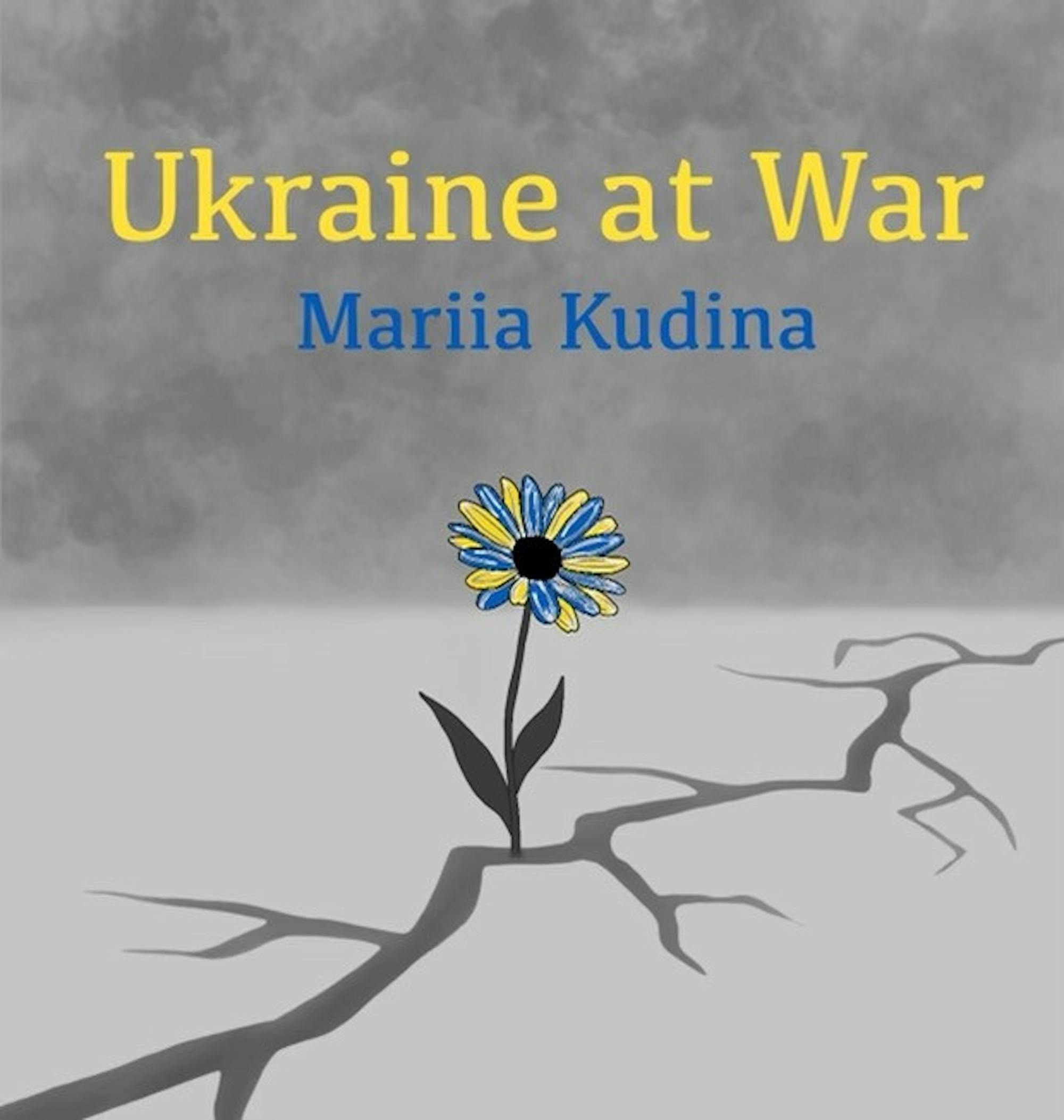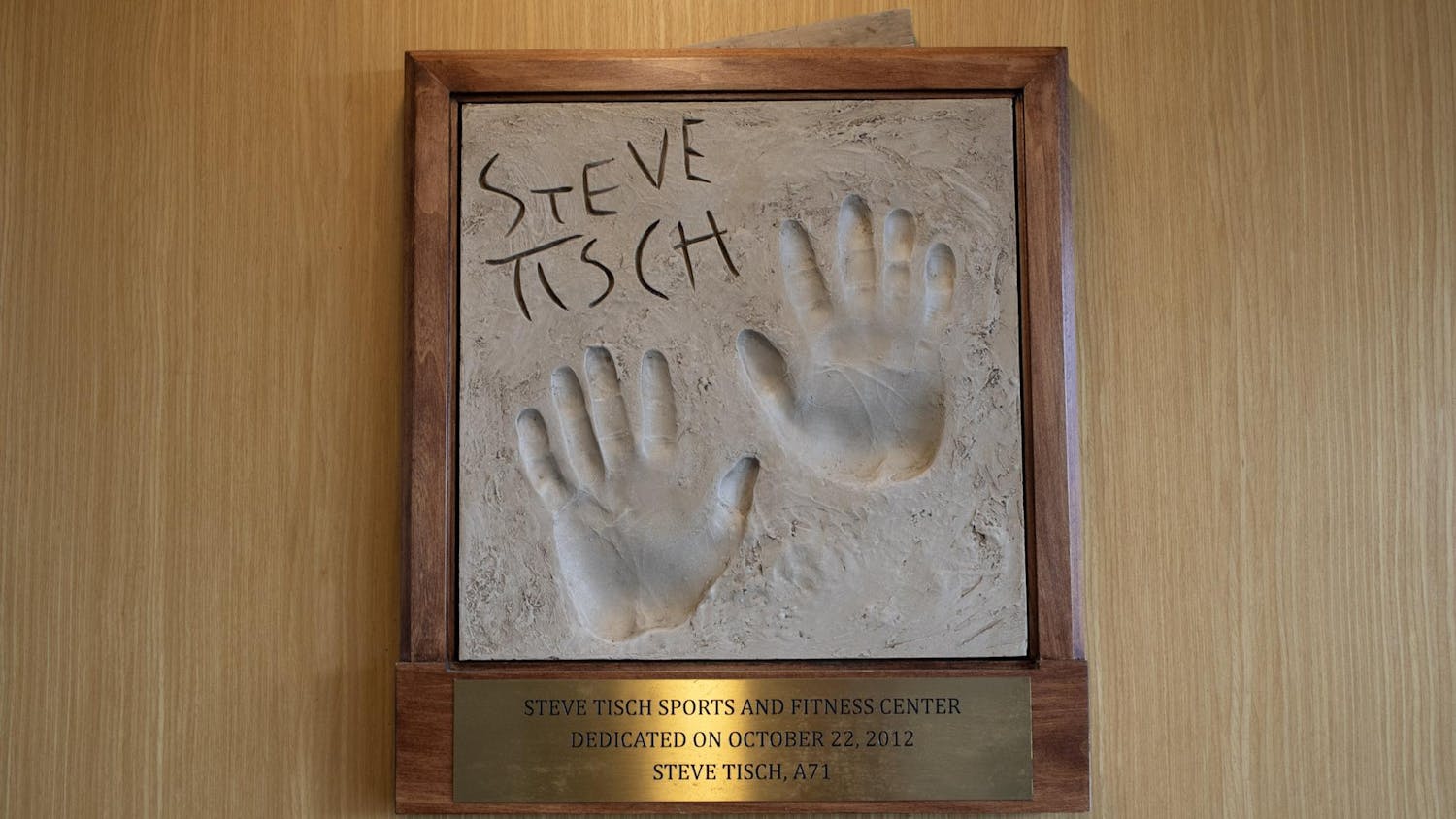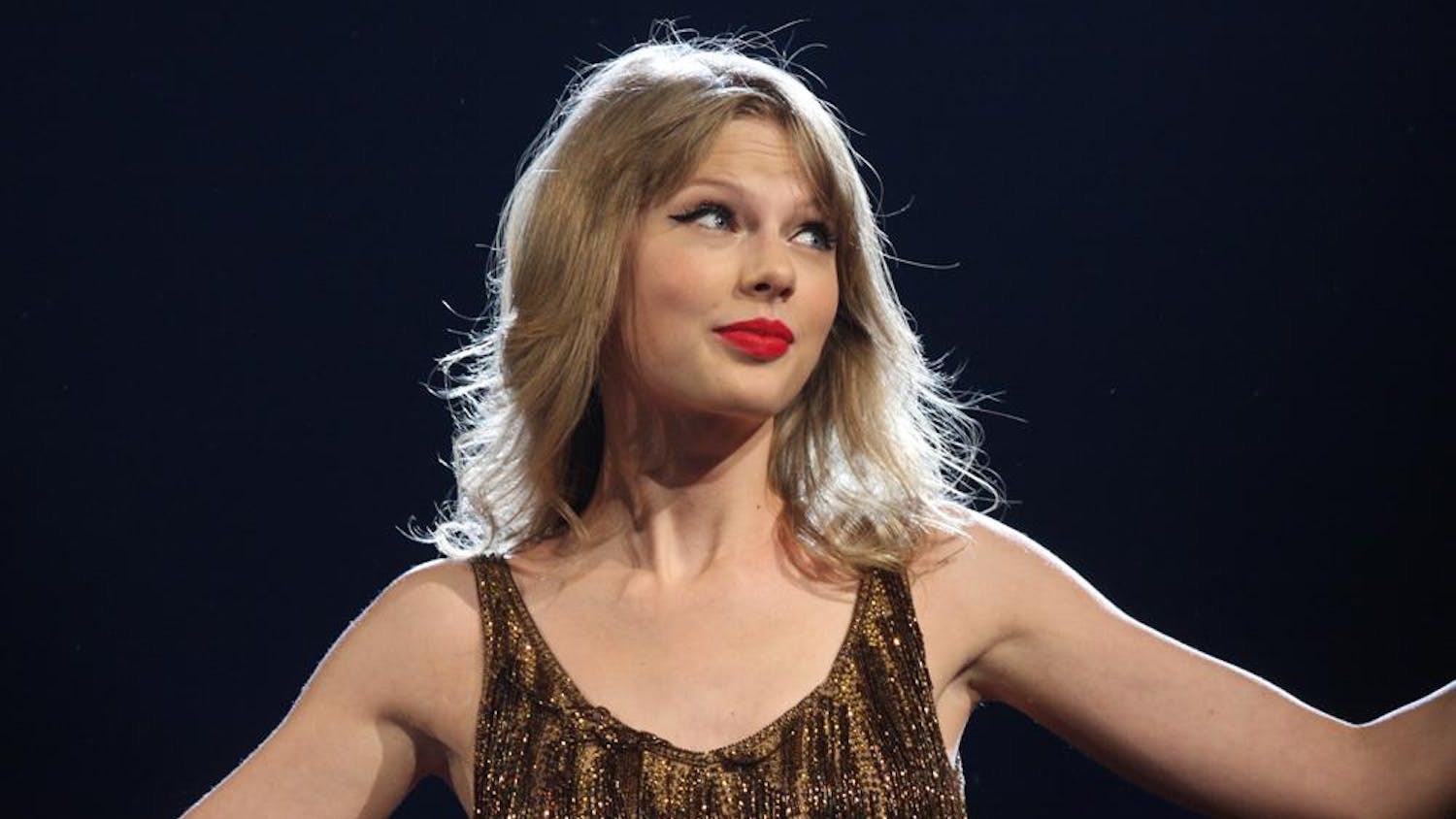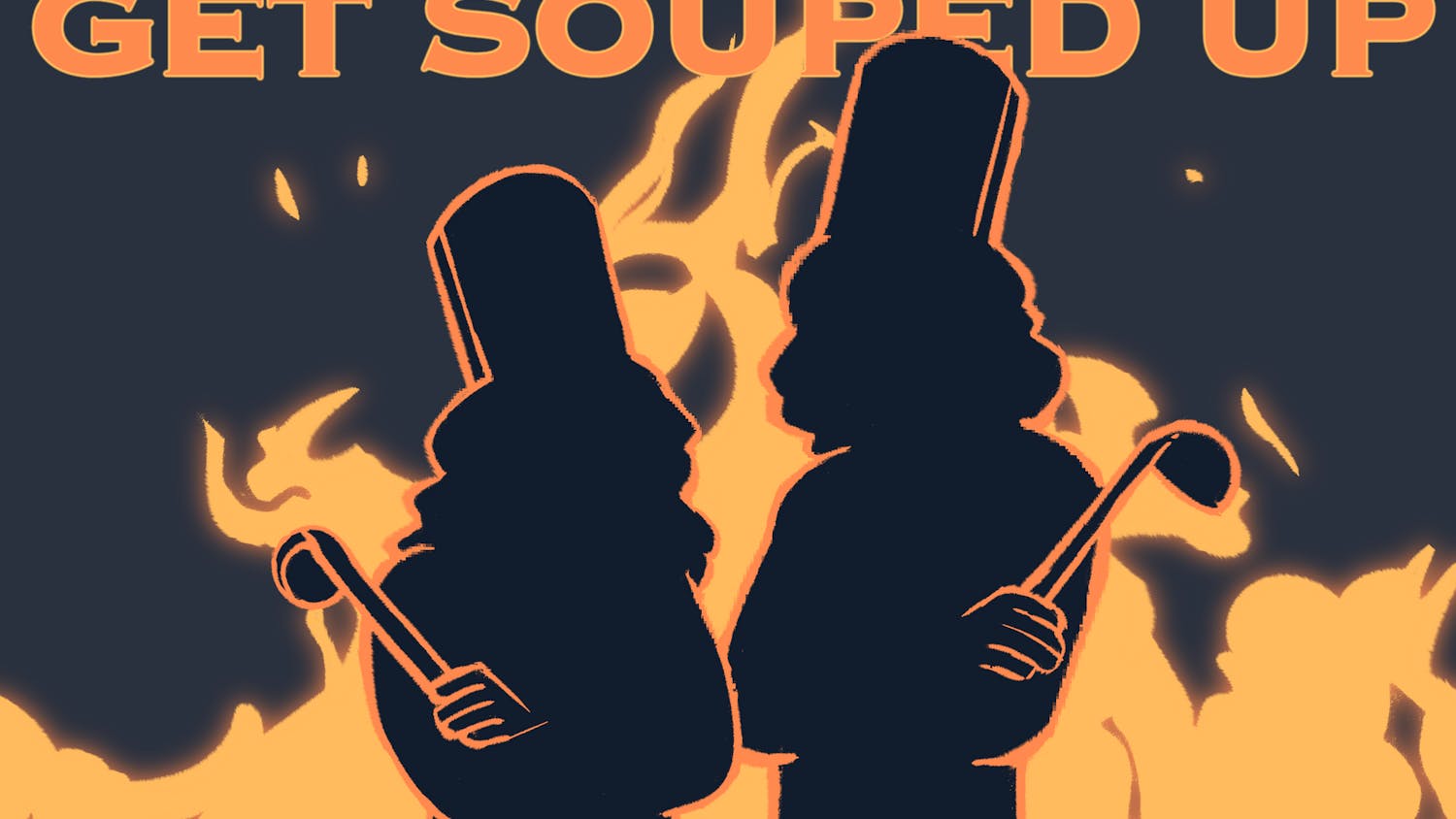There is a common assumption that culture exists independently from any “mundane” influences of life. According to this framework, art is the result of a magical creative spark that appears in a vacuum. Looking deeper, however, it becomes evident that culture is tightly interwoven with politics. Often, artists use their work to voice their political opinions, while governments and individuals sometimes sponsor the creation of pieces that support a particular viewpoint. Analyzing the connections between art and politics further, one might find even more striking and nuanced connections.
In the case of Russia’s war in Ukraine, the taxes that Russian artists pay from their income go towards purchasing missiles to attack Ukraine. Therefore, anyone consuming content by Russians — listening to music, watching YouTube, buying merchandise made by Russian creators — directly supports the genocide of Ukrainians. To prevent this from happening, it is always worthwhile to check the background of the content you watch, read and listen to.
It is also essential to consider that while some complain about my call to pause the consumption of Russian culture, Ukrainian museums are being robbed of their masterpieces. Culturally, Russia’s war in Ukraine raises multiple questions that could provide great food for thought. Does the statement “culture is separate from politics” ring true if a museum in Russia exhibits a painting “Autumn, Crimea” by Ukrainian artist Arkhip Kuindzhi that Russian forces stole in Mariupol, while simultaneously killing innocent Ukrainians? How much of the great Russian artistic legacy is actually Russian, taking into account that Ukraine is not the first country that Russia has attacked in its history? What portion of this arguably Russian heritage is an actual product of the nation’s work and not a violently colonized legacy of the country’s neighbors?
At the same time, Ukrainian artists are at constant risk of sudden death from another Russian attack, and many of them are fighting on the frontline. Andriy Khlyvnyuk, lead singer of the Ukrainian band Boombox, is among the performers who protect Ukraine on a battlefield. Khlyvnyuk quit his musical tour in Canada in the U.S. to defend his motherland. Conversely, there are Russian artists who chose to join the Russian forces or donate large sums of money towards equipment to destroy Ukraine. I doubt that it is truly possible to draw a clear line between culture and politics when it comes to war, particularly the war in Ukraine. It is a rare case for a concise choice of a side.
Promoting Russian culture dismisses the crucial conversations regarding the decolonization of Slavic studies and frankly, shows a complete disregard for the traumas that Ukraine suffers from Russia. Ukraine needs full and confident support to prevail, and victory is essential to protect society from the dangers of a totalitarian regime.






